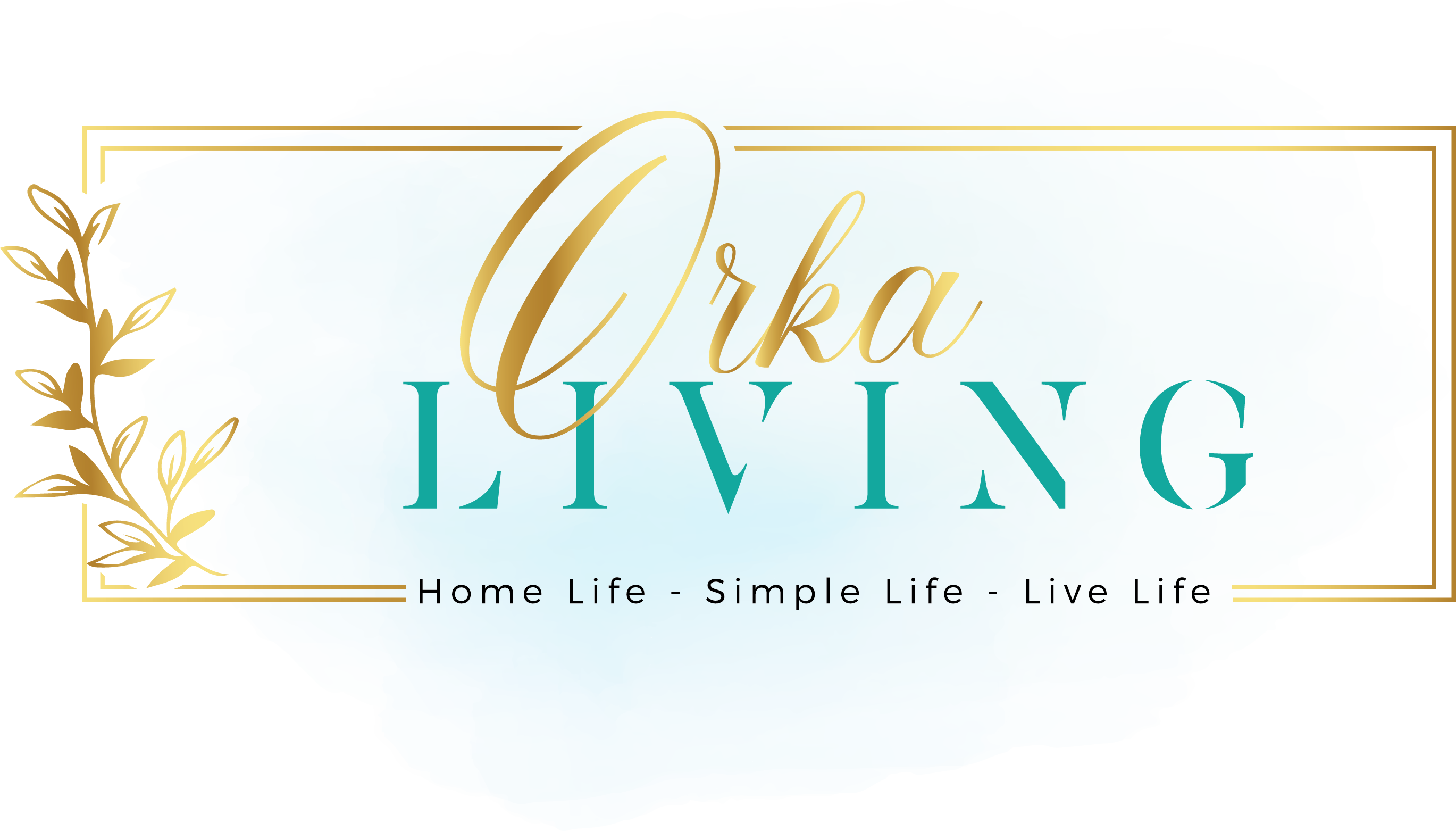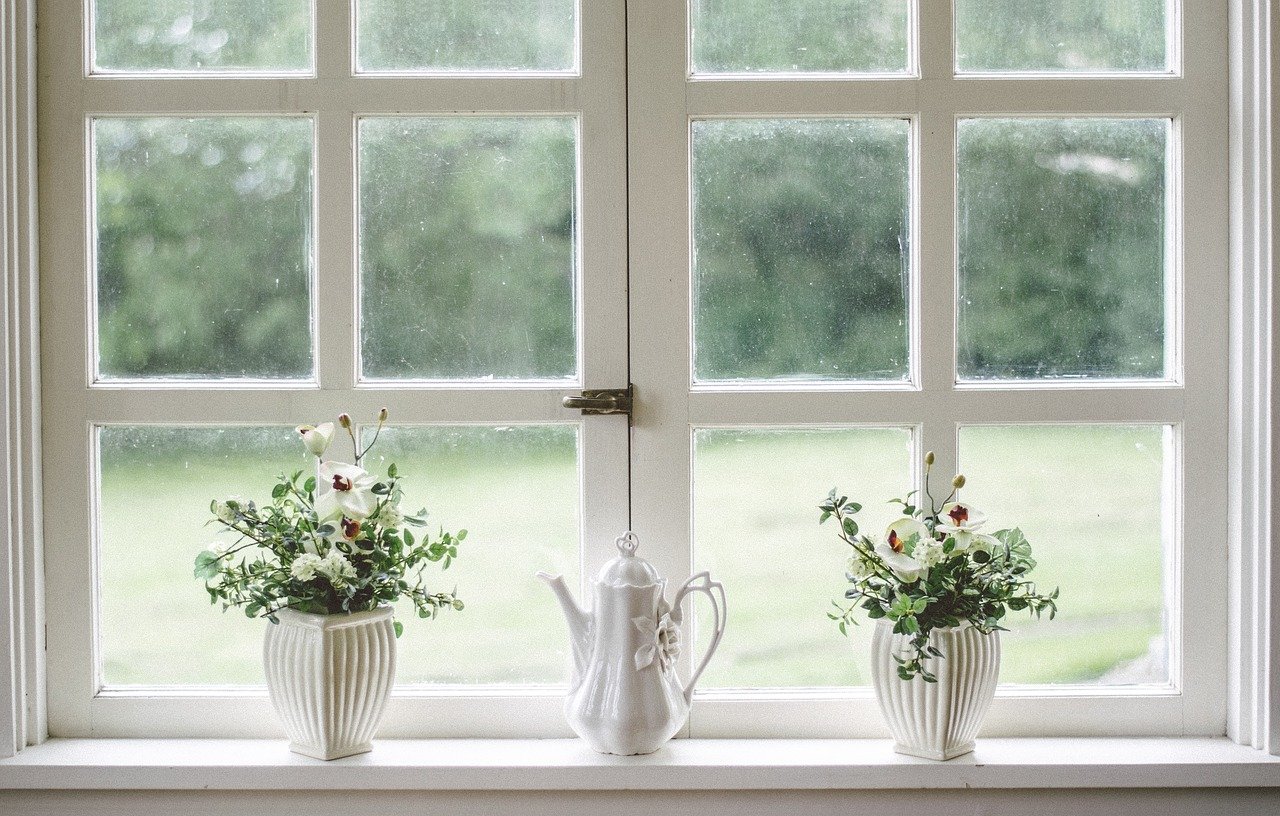What are you doing to protect our planet?
It is no surprise that with the recent COP26 and APDO’s National Organising Week focusing on getting your home organised for sustainable living, all things eco-friendly are hot topics just now. We all know that the effects of Climate Change are reaching new levels and we are at a point of no return. There is NO Planet B!
Globally, we are all responsible for playing our part in protecting this amazing planet for future generations. No matter what position you are in, whether it big or small, we can all take action! If you had great intentions of taking back control and playing your part, let NOW be the green light you need to take that first step!
Check out our 5 Top Tips to Organising Your Home For Sustainable Living!
#1. Declutter
If decluttering is not one of your habits, now is a great time to make it one! Life is busy and it can be hard to keep track of the things building up in our lives. But clutter brings with it a variety of negative impacts on your life.
Clutter can make us feel low and frustrated by the lack of time and energy that we have to stay on top of things. Clutter build-up can prevent efficient air circulation, which in turn can increase the risk of damp and health issues, not to mention a possible invitation to unwelcome creepy crawlies and furry friends. Clutter leads to unnecessary buying habits and therefore increased waste.
So, if you think your home is suffering from clutter overload, now is the time to take back control. Remember, when decluttering, the goal is not to send everything to landfill. Let’s try and recycle items as much as possible. An easy way to start is by having clear piles or boxes to put the decluttered items into. You can separate items into: DONATE, RECYCLE, SELL, KEEP.

Find out what items you can recycle locally. Remember that things such as textiles, soft plastics and teracycle items may not go in your normal recycling but can be taken to recycling centres. For more details on organisations to donate to and recycle with, see our Sustainability page on the website.
#2. Check your spending habits
Now you have successfully decluttered it is important that you don’t replace all the decluttered items with new ones. When you find yourself at the shop, ask yourself these questions:
Do I need it? Do I love it? Will I use it?
Consider whether it is an item you can buy second hand or whether you could borrow it from someone else. (Even better, check out if your local area has a lending library!) When you are buying new, be conscious of where you are shopping and what you are buying. Many shops now include conscious ranges of clothes that are made using recycled clothing. Perhaps you have a local supplier of eco-friendly and refillable products which would reduce the amount of plastic you are purchasing. When buying gifts, instead of buying another plastic toy or decoration, consider buying something made from recycled materials or even better, gift an experience that the person can really enjoy!

#3. Technology
As advances in technology continue to soar, many of us will always be looking for the next best thing. But as we upgrade our devices, what happens to all the old tech left behind?
Instead of allowing cables, tablets, phones, computers, and gaming consoles clutter up valuable space in your home, consider whether they could have a second life somewhere else. For example: items that are still in good working condition can be sold (who doesn’t love some extra pennies in the bank?!?), they can be donated to local schools or community groups, they can be donated to colleges for training, or they can be passed on to family, friends or someone with less disposable income that may only dream of having these devices. Items that are no longer working can be repaired or recycled – check out whether there are any companies that offer buy back schemes.
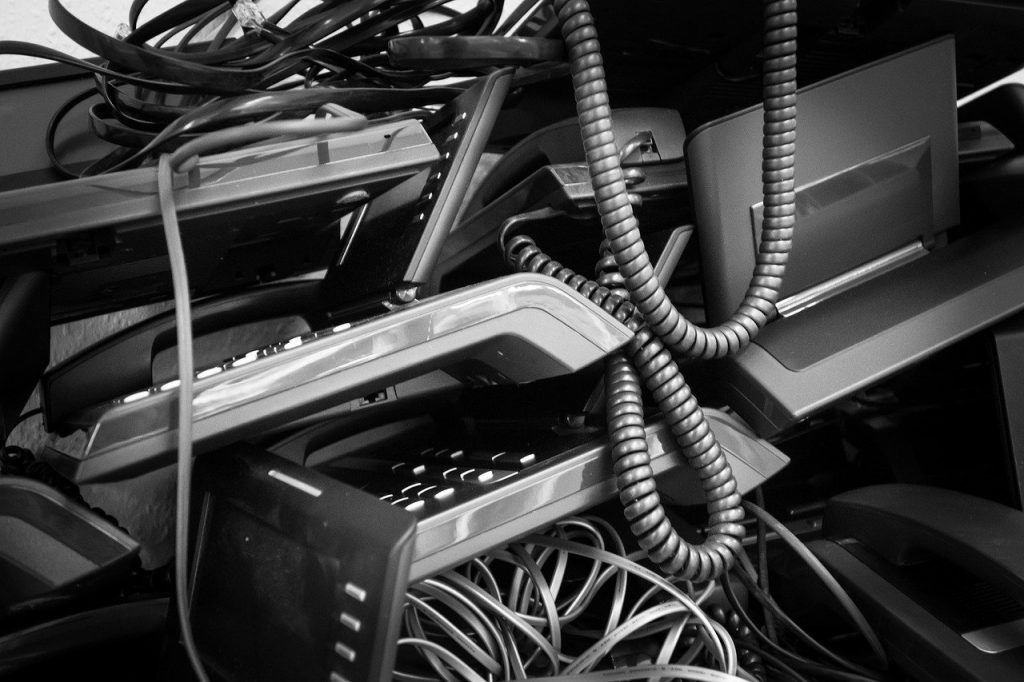
For the technology that you are keeping in your home, check out solar energy chargers, switch off lights and devices when they are not in use, use rechargeable batteries (see this link for super cool battery storage ideas) and use smart plugs to help you manage your consumption. We don’t all need to be SWITCHED ON all the time!
#4. Be a Meal Planner
Unsurprisingly, one of the categories of items most wasted in our homes is food. It is something that we are all guilty of. We go shopping, when we are hungry, we buy everything with great intentions of trying the new recipe or baking the kids some treats, or eating a more balanced diet, and then life happens and suddenly we are throwing on a microwave meal or phoning the takeaway. All that good food we bought is now out of date and heading for the bin. And yes, this is one I am guilty of and trying my best to do better on!
So, what can you do?
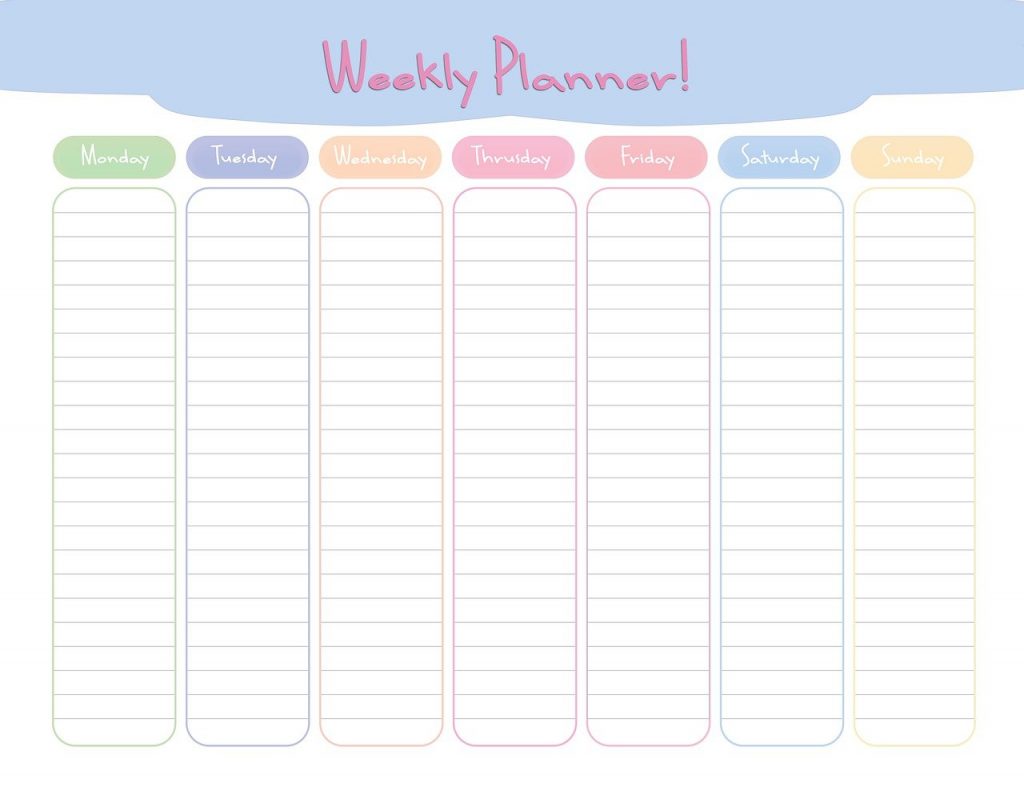
If you are a bulk buyer, instead of filling up your space with five of the same item, why not have a Back Stock Box. To clarify, this is somewhere else that you can store your extra items. This allows what is on your shelves to be visible and you can still benefit from bulk buying savings. If you do have a Back Stock Box, it’s a good idea to take an inventory of what is in it and keep that somewhere accessible. This allows you to easily double check your available stock before you hit the shops.
Finally, and most importantly – MAKE A LIST! Before you go shopping, make sure you have a list of everything that you need. This will not only make sure you don’t forget items, but it will also keep you focused in your shopping and reduce the chance of impulse buying.
#5. Live your best life!
For most of us, the last two years has really put life into perspective. We have all been forced to look at our lifestyles and make significant changes to protect ourselves and those around us. When you are told you cannot leave your house, you cannot go to the movies, you cannot play sports, you cannot go to restaurants, all of a sudden, your view on life changes. As a result, now is the time to really see the benefits to this new outlook on life and to change our habits for a more positive future. Spend more time outdoors, take in the beautiful surroundings that this planet has afforded us, get off the computer games and go for a walk or a cycle.
If you have the garden space, take a leaf out of the Queen’s book, and plant a tree or two or three or ten! Or, if you don’t have the space, see if there is somewhere local that is taking part in the Queen’s Green Canopy tree planting initiative.
Have a shot at growing your own fruit and vegetables, learn new skills and share it with friends and family. If lockdown has got you desperate to join the club of new pet owners, take a trip down to your local rescue centre and be the one that gives that loving face the new home that it deserves. Going out for coffee with friends? Take your own reusable coffee cups and reduce the number of takeaway cups heading for landfill. Staying home for the night? Instead of throwing the heating on, put on that cosy dressing gown to keep you warm.
By setting good intentions in your life, by having perspective, focusing on your strengths and by practicing mindfulness and gratitude, you can play your part in being the change that our planet so desperately needs.
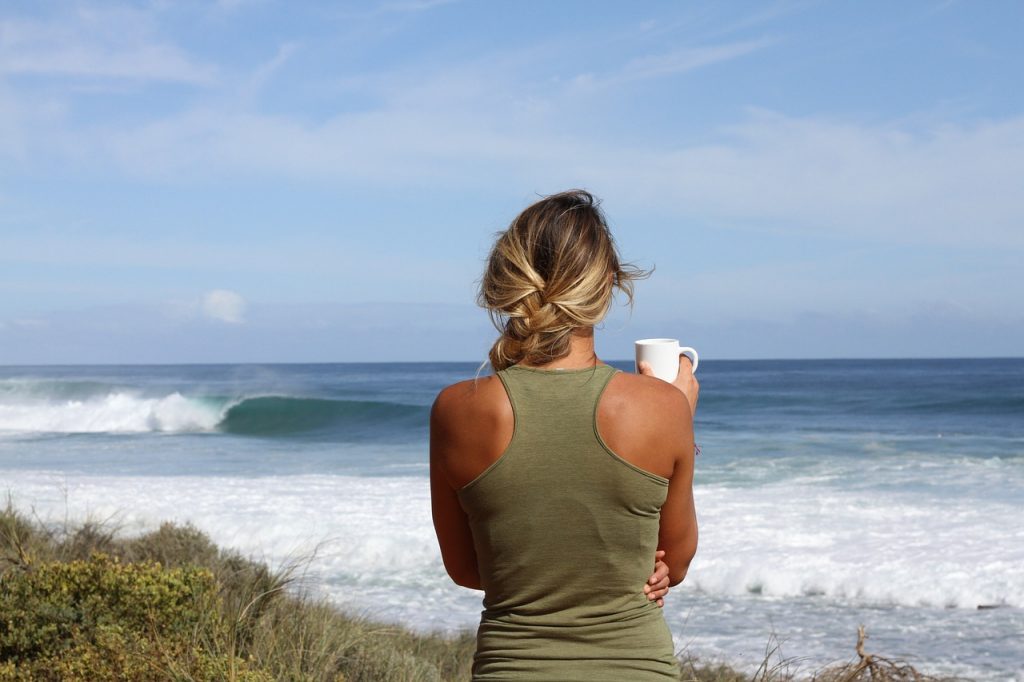
So, these are my top 5 tips to getting your home and your life organised for sustainable living! Are you ready to step up and take on the challenge?
Comment below to let us know what action you are taking! For more information on getting organised, sustainable living and how a Professional Organiser can help you, follow us on Facebook, Instagram and Pinterest, subscribe to our newsletter or get in touch to book your free Orka Living consultation call. We’d love to hear from you!
